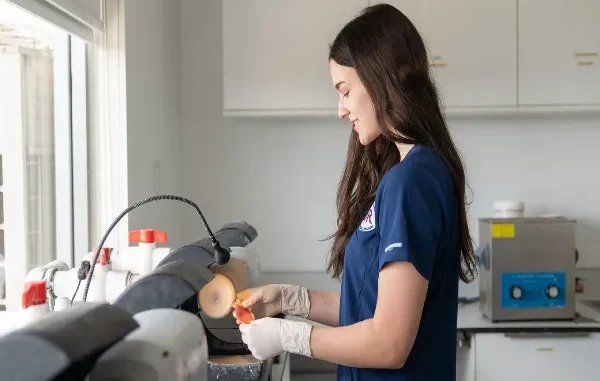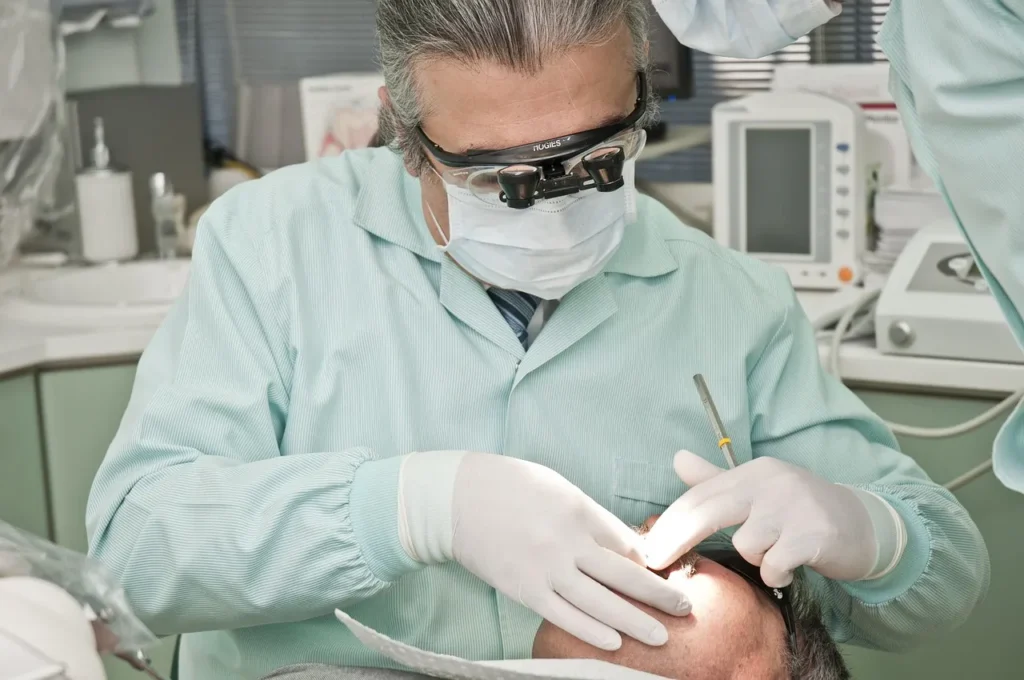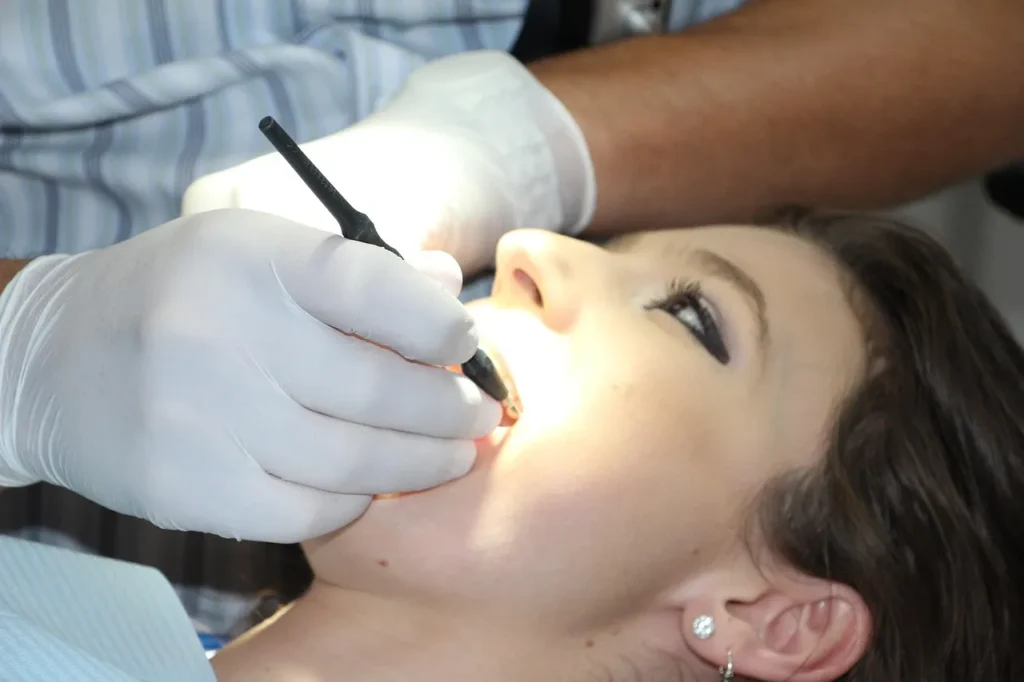
If your teeth don’t hurt, it’s easy to assume everything’s fine. But pain isn’t the only indicator of oral health—and waiting for a problem to show up can cost you in the long run.
Regular dental cleanings aren’t just about getting a brighter smile. They’re a critical part of preventive care that helps catch issues early, protect your overall health, and save you from bigger (and more expensive) problems later.
Here’s why dental cleanings matter—even when your mouth feels perfectly fine.

1. Plaque and Tartar Build Up Quietly
Every day, plaque—a sticky film of bacteria—builds up on your teeth. Brushing and flossing help, but they don’t get everything. Over time, plaque hardens into tartar (also called calculus), which can’t be removed with a toothbrush.
Tartar buildup irritates your gums, damages enamel, and increases the risk of cavities and gum disease. You might not feel it happening, but it’s there.
Professional cleanings use special tools to remove plaque and tartar from places you can’t reach at home—especially between teeth and under the gumline.
2. Gum Disease Starts Without Symptoms
Gum disease (periodontal disease) is one of the most common oral health issues—and in its early stages, it’s painless.
Mild gum disease, or gingivitis, often starts with:
- Slight gum redness
- Occasional bleeding when brushing
- No pain at all
Left untreated, it can progress into periodontitis, where gums pull away from the teeth, bone is lost, and teeth can loosen or fall out.
Regular cleanings help prevent this by removing harmful bacteria and letting your dentist monitor early warning signs before they become serious.
3. Your Dentist Can Spot Problems Early
One of the biggest benefits of regular cleanings is early detection. Dentists and hygienists don’t just polish your teeth—they examine your entire mouth for signs of trouble.
During your cleaning, your dental team may spot:
- Small cavities before they cause pain
- Cracks or worn enamel from teeth grinding
- Signs of oral cancer or unusual lesions
- Gum recession or bone loss
Catching these issues early means simpler, less invasive treatment—and better outcomes.
4. Cleanings Help Prevent Bad Breath

Chronic bad breath (halitosis) often starts in the mouth. Food particles, bacteria, and tartar buildup can all contribute to foul odors—even if you brush regularly.
Dental cleanings clear out the sources of lingering odors and help keep your breath fresh over time. If you’ve noticed bad breath that doesn’t go away, your dentist can also check for underlying causes.
5. Oral Health Impacts Whole-Body Health
Your mouth isn’t separate from the rest of your body. Research shows strong links between oral health and overall health.
Poor oral hygiene is linked to conditions like:
- Heart disease
- Diabetes complications
- Respiratory infections
- Pregnancy issues, including low birth weight
Regular dental cleanings reduce harmful inflammation and bacteria in the mouth, which lowers your risk of developing or worsening systemic health problems.
6. It’s More Affordable Than Fixing Problems Later
Preventive care costs less than emergency care—by a long shot.
A routine cleaning might cost $100–$200 without insurance (many plans cover them entirely). Compare that to:
- A filling: $150–$500
- A root canal: $700–$1,500
- A crown: $1,000+
- Gum surgery or implants: thousands
Skipping cleanings to “save money” can backfire quickly. Early prevention is always the cheaper, smarter option.
7. They Help Keep Your Smile Looking Its Best
While health is the top priority, there’s also a cosmetic benefit. Cleanings remove surface stains from coffee, tea, wine, and tobacco, giving your teeth a brighter, smoother appearance.
They also reduce your risk of tooth discoloration caused by decay or tartar buildup. For many people, that fresh, clean feeling after a dental visit boosts confidence and encourages better habits.
How Often Should You Get a Cleaning?
Most people should see a dentist every six months for a cleaning and checkup. However, your dentist may recommend more frequent visits if you:
- Have gum disease
- Smoke or use tobacco
- Have diabetes
- Are prone to cavities or plaque buildup
If you’re in the Chicago area, the team at chicago dental studio lincoln park offers personalized care plans and thorough cleanings to help keep your smile healthy year-round. Talk to your dentist about what schedule is right for you.
Final Thought
Just because your mouth doesn’t hurt doesn’t mean everything is fine. Dental problems often start silently and worsen over time. Regular cleanings help you stay ahead of those issues—protecting not just your teeth, but your overall health and quality of life.
Your future self will thank you for making dental care a priority today.






Leave a Reply